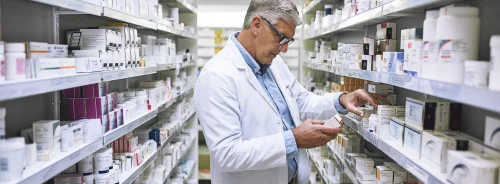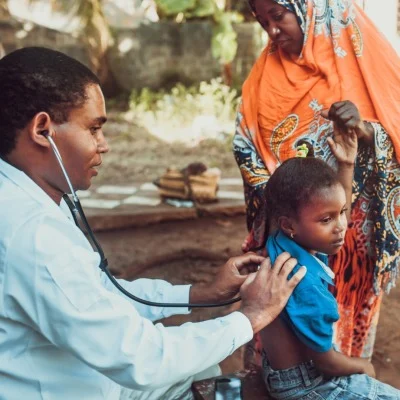COVID-19 has added to the strain on Africa’s small healthcare providers who cannot secure bank loans. A new partnership by IFC, Philips and the Co-operative Bank of Kenya aims to help them.
With spending on healthcare in sub-Saharan Africa at just 5 percent of GDP, or about half of the global average, there is a notable healthcare deficit within the region - with medical equipment lacking or in serious need of repair or replacement.
Aside from the general underfunding of healthcare and the the additional financial pressures the pandemic has put on the global economy, the act of purchasing medical equipment itself can be a daunting task for these often cash-poor providers. A highly specialised knowledge of the market and financial prowess is needed to fully assess what equipment to buy, where to get it, and how much to pay for it. Given the high costs ($100K+) associated with the purchase of even a single piece of medical equipment, banks in the region are often reluctant to offer sizeable loans to these businesses.
According to the WHO’s 2017 Global Atlas of Medical Equipment, a survey of member states found that only 24 percent of respondent countries in Africa have at least one CT scanner per 1 million people. This compares to 85 percent in the Middle East and 97 percent in Europe. The IFC has stepped in to bridge both the financial and knowledge gaps by linking partners across the supply chain from medical equipment manufacturers to financial institutions to the healthcare businesses. The $4 billion Global Health Platform they created offers financing to scale up manufacturing of everything from gloves to masks to hand-sanitisers and ventilators. In addition, the Africa Medical Equipment Facility part of this platform will better enable banks in Africa to lend to healthcare small and medium enterprises who want to buy or lease medical equipment—such as lab equipment, oxygen compressors, and ventilators.
Healthcare businesses can apply for local currency loans and leases through the facility ranging from $5,000 and $2 million, with a total envelope of $300 million. Training for bank staff on how to underwrite such loans and support to small businesses to strengthen their financial management skills and procurement processes will also be on offer. This programme looks to expand to financial institutions throughout Africa.
Source: IFC
Image Credit: iStock






